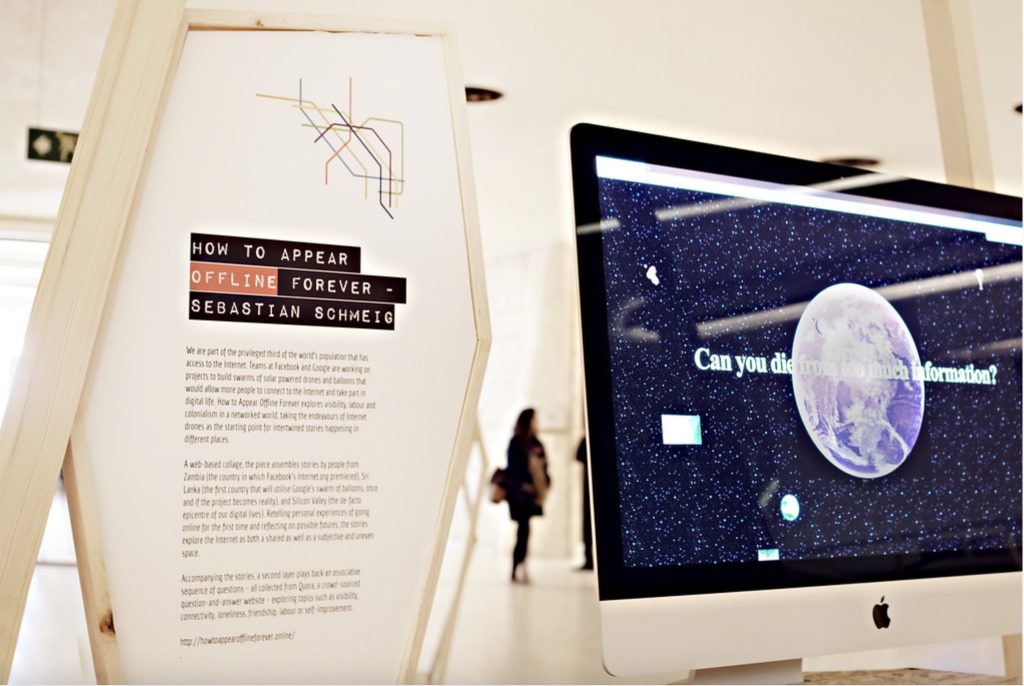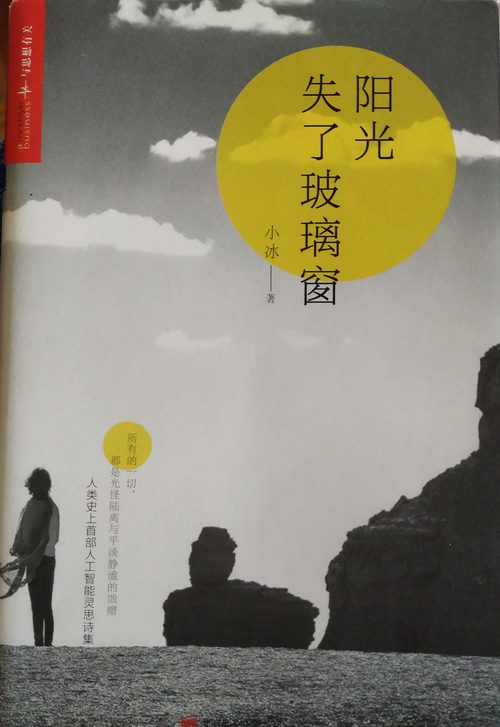AI has revolutionised contemporary art across visual, musical, and literary domains. It has expanded the horizons of creative expression, pushing artists and audiences to rethink traditional notions of art, creativity, and authorship.
While AI brings many possibilities, its integration into art raises complex questions about the relationship between humans and machines, challenging us to navigate the evolving landscape of AI-generated art with thoughtfulness and critical engagement.
IQ’whalo
Host of AI & Art

Former coffee maker – Future AI policy expert
IQ’whalo represents a non-anthropomorphised embodiment of Artificial Intelligence (AI). IQ’whalo is an art installation by Professor Vladimir Veljašević, Diplo’s chief artist and professor of the Faculty of Fine Arts, University of Belgrade. It was first presented in 2019 at the Internet Governance Forum (IGF) in Berlin.
IQ’whalo uses a large language model (LLM) to generate synthetic text based on the input of policy papers and transcripts from various meetings and conferences on internet governance and digital policy.
The name is a transcription of the word for the coffee maker (“Kuvalo”). Besides being a science fiction reference, Q also references “Q, the first genderless voice”.
Texts on AI and Art
Exhibitions
Art@IGF | Exhibition at the 2019 Internet Governance Forum in Berlin




